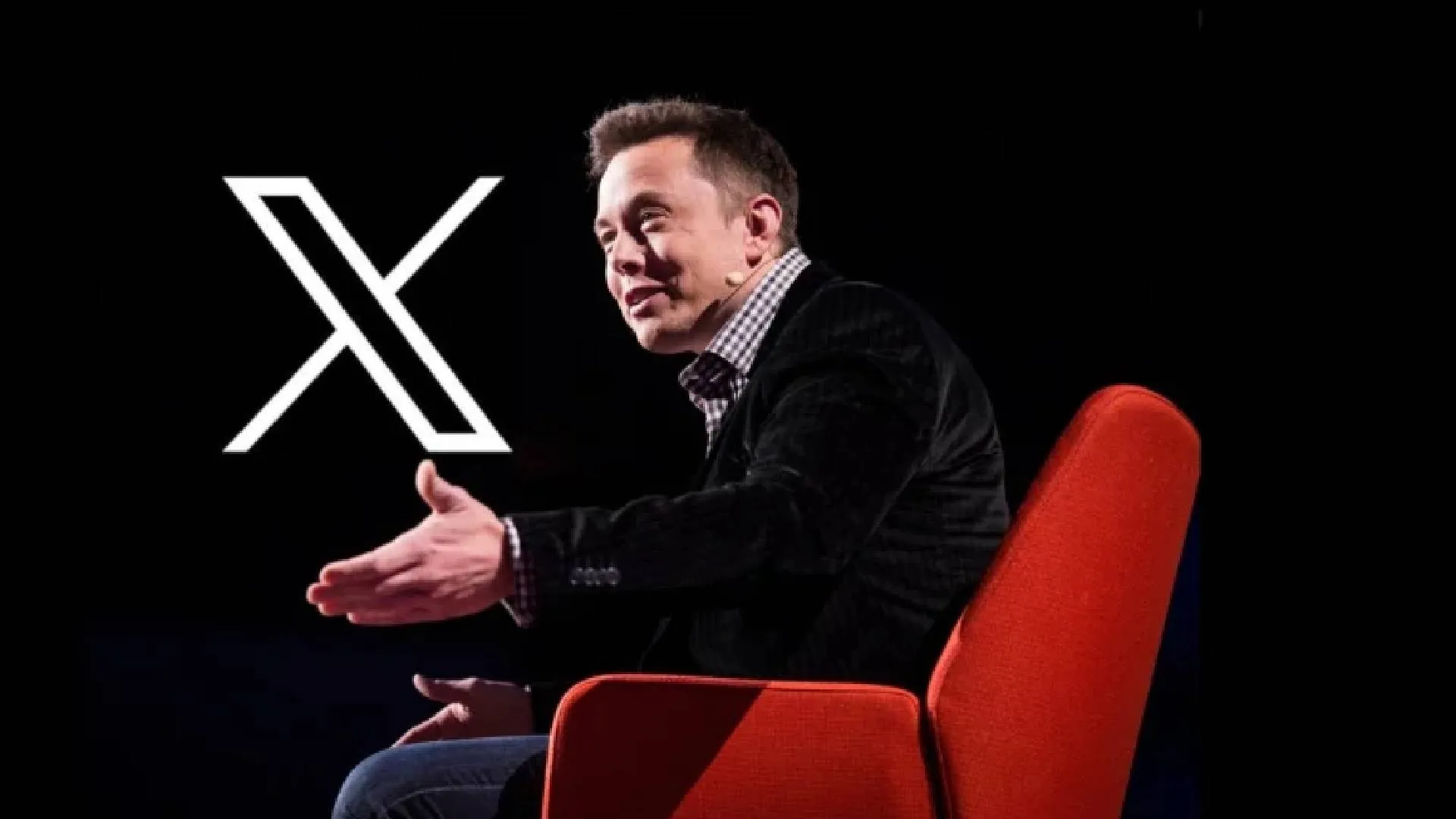In a shocking revelation, Elon Musk, the tech billionaire behind Tesla and SpaceX, revealed that AI companies have actually “tapped out” the vast reserve of human-generated data available on the internet by 2024. According to Musk, who leads the AI initiative xAI, this data pool is running dry, and companies now have to switch gears to new strategies, which includes using synthetic data created by AI itself.
AI’s Growing Dependency on Synthetic Data
Artificial intelligence systems like OpenAI’s GPT-4 are typically trained on enormous amounts of internet-sourced information. By processing this data, these models can recognise patterns and make predictions, such as anticipating the next word in a sentence. However, as Musk pointed out, this valuable resource has been depleted, forcing tech firms to explore alternative means of training their models.
Synthetic data—the information generated by AI to feed itself—has been a significant solution to this problem. It then undergoes refinement through self-learning, wherein the AI grades and adjusts its own output. This is not a completely new approach but synthetic data usage is increasing to keep AI models functioning and competitive.
Challenges of Synthetic Data in AI Development
Though synthetic data offers a potential solution, it presents unique challenges. AI systems risk generating “hallucinations,” or inaccurate, nonsensical content. Musk highlighted the difficulties that arise from relying too heavily on AI-generated material, as distinguishing between real and fabricated information becomes increasingly challenging.
Andrew Duncan, a researcher at the Alan Turing Institute, voiced concerns that an over reliance on synthetic data could lead to a “model collapse,” where the AI system produces lower-quality outputs over time. As AI systems learn from their own creations, there is a real risk that they could begin to generate more biased or less innovative results, diminishing their effectiveness.
The Legal and Ethical Implications of Data Scarcity
The dwindling availability of quality human-generated data is also contributing to a series of legal disputes. OpenAI, for example, has acknowledged that without access to copyrighted works, tools like ChatGPT wouldn’t be possible. This has sparked ongoing debates about the need for compensation for creators and publishers whose content is used in AI training.
Additionally, as AI-generated content floods the internet, there are fears that future AI training datasets could become saturated with synthetic data, further complicating the challenge of ensuring the authenticity and accuracy of information used in training.
Navigating the Complexities of AI’s Future
With these new adventures in synthetic data, AI companies will face countless technical, ethical, and legal challenges. Comments by Muskmake light of how rapidly the nature of AI technology is evolving and the conflicts between innovation and solid, reliable foundations forgrowth. Balancing creativity, accuracy, and ethics will be very important as this uncharted territory unfolds.
Complexity has filled the next steps in training AI models, but the move toward synthetic data represents a new chapter in the technology’s life. If companies in the AI space are careful and diligent, they might be able to use this resource without sacrificing quality or ethical standards.























